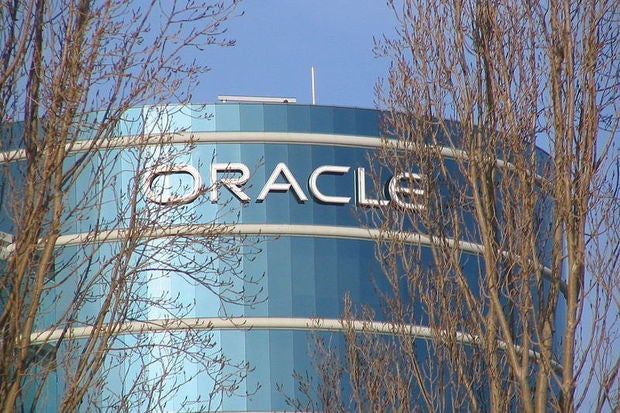When word broke late last week of Oraclye buying a tiny, container-oriented startup named StackEngine, much headscratching ensued. What would a company of Oracle's scale, size, and clout want with a six-person startup that's barely a year old?
Here are three reasons why Oracle would want to grab them up, and what benefits it might yield.
1. To give Oracle Public Cloud more of a container slant
Oracle's cloud doesn't yet have the kind of creative container services offered by Amazon or Microsoft Azure. For Oracle to be even halfway serious about its public cloud, it's going to need container offerings of some kind.
The company has hinted at how 2016 will yield "a very different Oracle" and how cloud is "a very, very serious business" for it. But a source inside Oracle disputed that contention, with Oracle promising things it hadn't even begun to deliver.
Containers are now an indisputable, and perhaps also indispensible, part of the public cloud picture. If Oracle wants to deliver a public cloud even partly worthy of the name, it'll need container support -- and, ideally, container innovation.
2. StackEngine's products are likely to become Oracle products
In a discussion with StackEngine conducted late last year, the company described its toolset, a management system that allows an ops team to see what's going on within containers across an organization no matter where they happen to be running.
It doesn't take much imagination to see how useful that might be to the enterprise crowd that constitutes Oracle's customer base. StackEngine offered free and for-pay editions of its product, so one likely scenario is Oracle will have the for-pay version repurposed for their own cloud.
3. Oracle is seeking container talent that can build new things
It's also likely Oracle is at least as interested in the team as it is in the specific technology created by that team.
Even though containers haven't been around long in their current form, it's not terribly difficult to find skilled people who can use them well, or to find motivated engineers who can learn the technology and put it to good use.
What's more difficult to get are people motivated to do original and creative things with the technology. Good places to find such folks would be the startups that deal in solutions to the sorts of esoteric problems that arise in enterprise IT environments.
If Oracle is as serious as it claims about being a cloud company, it has to deliver truly original and interesting products. Fresh blood, infused from people without Oracle's overriding mindset, is one way to do that -- provided Oracle doesn't simply smother the whole thing aborning, or try to turn it into something it's not.






